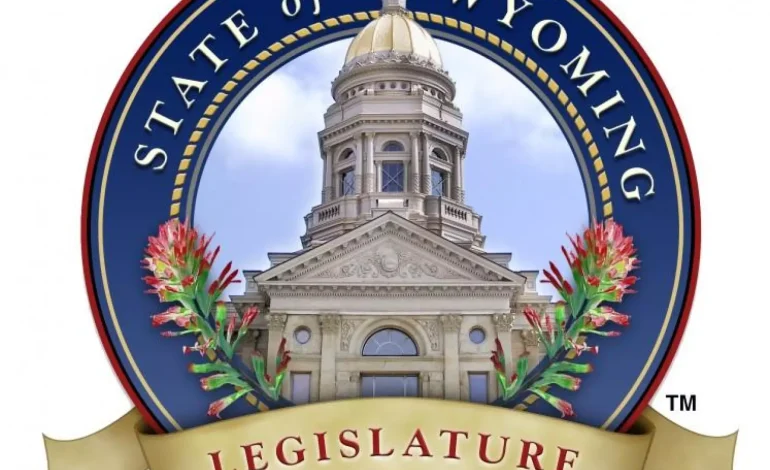At its first interim meeting of 2025, the Wyoming Legislature’s Joint Elections, Corporations, and Political Subdivisions Committee took significant steps toward updating the state’s transparency laws, with a focus on public records access and open meetings, Gillette News Record reports.
Lawmakers, journalists, and members of the public shared strong testimony urging reforms to enhance government accountability and clarify the state’s existing statutes.
The discussion was prompted, in part, by a recent dispute involving News Letter Journal Publisher Bob Bonnar, who has been waiting over 100 days for election-related records from Weston County. Despite a legal requirement that such records be provided within 30 days and a directive from the Wyoming Public Records Ombudsman, the documents remain withheld.
“The deck is clearly stacked against the public,” Bonnar told the committee, noting the high costs and limited consequences for government entities that fail to comply with transparency laws.
He presented the committee with a 50-page compilation of instances from across Wyoming where local governments allegedly violated transparency laws, arguing that the state’s framework lacks meaningful enforcement.
Bonnar’s experience is not isolated. Others, including Jackson resident and retired attorney Sandy Ress, have raised concerns after facing legal and procedural barriers when attempting to access public information. Ress’s open meetings case involving a local hospital board was ultimately settled, but highlighted what he sees as gaps in the law.
Created in 2019, the role of the state’s Public Records Ombudsman was intended to resolve such disputes. However, current Ombudsman Darlena Potter testified that her position lacks the authority to enforce compliance.
“Some government officials simply say they don’t intend to respond to records requests,” she told the committee.
A recurring theme during the meeting was the need to give the state’s transparency laws more enforcement power. Suggestions included empowering the ombudsman to levy fines, increasing the penalty cap beyond the current $750, and holding governments responsible for attorney fees if found to have violated the law.
Committee members also discussed how fees for records requests could discourage public access. While Cheyenne Mayor Patrick Collins cautioned against blanket free access due to burdensome commercial data mining, many participants agreed that fees should not be used as a deterrent to legitimate inquiries. Proposals included a standardized fee schedule based on the one used by the Department of Administration and Information, with the ombudsman empowered to determine when fees should be waived or adjusted.
The committee expressed general support for developing draft legislation that incorporates many of the suggestions discussed, including reducing the response timeline for public records, regulating fees, and expanding the ombudsman’s authority. Chairman Sen. Cale Case (R-Lander) confirmed that a bill draft will be prepared for review at the committee’s next meeting, scheduled for August 14–15 in Casper.










The latest news in your social feeds
Subscribe to our social media platforms to stay tuned